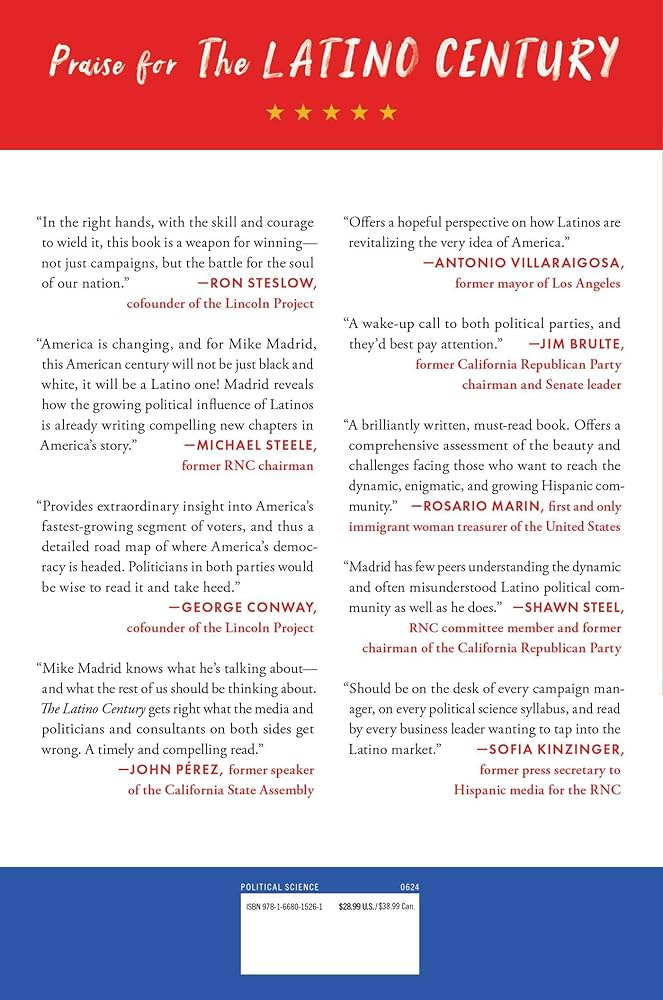
Last month, member states of the United Nations achieved a significant milestone by approving an agreement to create a new panel that will offer essential advisory services concerning chemicals, waste, and pollution. The UN Environment Programme (UNEP) has characterized this new panel as finalizing a ‘global scientific trifecta’, connecting it with two other vital entities: the Intergovernmental Panel on Climate Change (IPCC) and the Intergovernmental Science Policy Platform on Biodiversity and Ecosystem Services (IPBES). Collectively, these panels provide some of the most credible scientific insights into urgent global issues, significantly supporting future initiatives to tackle these interconnected challenges.
The initiative to establish the Intergovernmental Science-Policy Panel on Chemicals, Waste, and Pollution officially commenced three years earlier, culminating in a pivotal meeting conducted in Punta del Este, Uruguay, this past June. To explore the panel’s inception, its importance, and future directions, Chemistry World spoke with Camilla Alexander-White, who is a chief adviser on international chemicals policy at the Royal Society of Chemistry (RSC). Alexander-White was instrumental in advocating for scientists at UN meetings, including co-facilitating UNEP’s science and technology major group in Uruguay.
**Background of the Initiative**
Years ago, as part of a UNEP-led initiative called the Strategic Approach to International Chemicals Management (SAICM), the proposal emerged to establish a third panel centered on chemicals, waste, and pollution. This idea gradually gained traction, and in more recent years, formalized steps have been taken to bring this vision to fruition. Earlier meetings in cities such as Bangkok, Nairobi, Geneva, and ultimately Punta del Este set the stage, leading to the approval of a foundational document. This legal text now functions as the charter for establishing the panel focused on chemicals, waste, and pollution.
**Details of the Founding Document**
The foundational document outlines the essential framework of the panel, including its funding—sourced from voluntary contributions into a trust fund—and methods for decision-making, primarily through consensus and unanimity. The structure of the panel includes a governing body, now known as the plenary, and an interdisciplinary expert committee (IEC) where representatives nominated by governments will define the panel’s work agenda and key scientific roles. Recommendations from the IEC will be forwarded to the plenary, while assessment teams made up of various scientists will be given the responsibility to produce scientific reports.
**Unresolved Issues and Challenges**
Certain elements remain contentious within the foundational text, presenting as outstanding bracketed text, largely due to objections from some nations, including the United States and Argentina, on matters such as gender rights and gender equity. The inclusion of impartial observers and scientists in the decision-making process has also been an ongoing topic of discussion. At present, the composition of the IEC consists of 25 to 30 government-appointed representatives, raising concerns about their possible bias and the necessity for the engagement of independent and objective scientists in the process.
There are ongoing efforts to ensure open and transparent participation that welcomes diverse viewpoints, steering clear of undue influence from either industry or governmental pressures. Provisions within the legal documents have been made to potentially allow for independent scientists and broader scientific community networks, which could provide balanced and objective perspectives.
**Steps Forward for Inclusion of Independent Scientists**
Procedural specifics concerning the plenary, IEC, and assessment groups will be elaborated in upcoming meetings. A crucial first plenary meeting is expected in Geneva within a year, where these procedural regulations will be discussed and finalized. This will involve advocating for a fair, transparent, and accountable framework that guarantees the inclusion of independent scientific perspectives.
**Timeline for the Panel’s Inaugural Work**
It is anticipated that the plenary will commence its activities by the second quarter of 2026, followed by the establishment of the IEC expected within six to nine months after that. Consequently, it may take until 2027 for the IEC to convene its first meeting, with concrete working group outputs possibly requiring up to three years.
**Scope of the Panel’s Activities**
The panel’s scope is broadly described, covering various issues such as air pollution, water quality, and chemical contaminants. Hence, prioritization by the IEC is crucial for effectively directing efforts and resources. Panel members must be driven by scientific evidence and meaningful results rather than political agendas to effectively confront the diverse challenges related to chemicals, waste, and pollution.
In conclusion, while the agreement in Uruguay marks a significant accomplishment, it signifies the onset of a comprehensive undertaking. The panel’s success will significantly hinge on cultivating effective networks, ensuring an objective and evidence-based methodology, and promoting active collaboration among independent scientists globally.